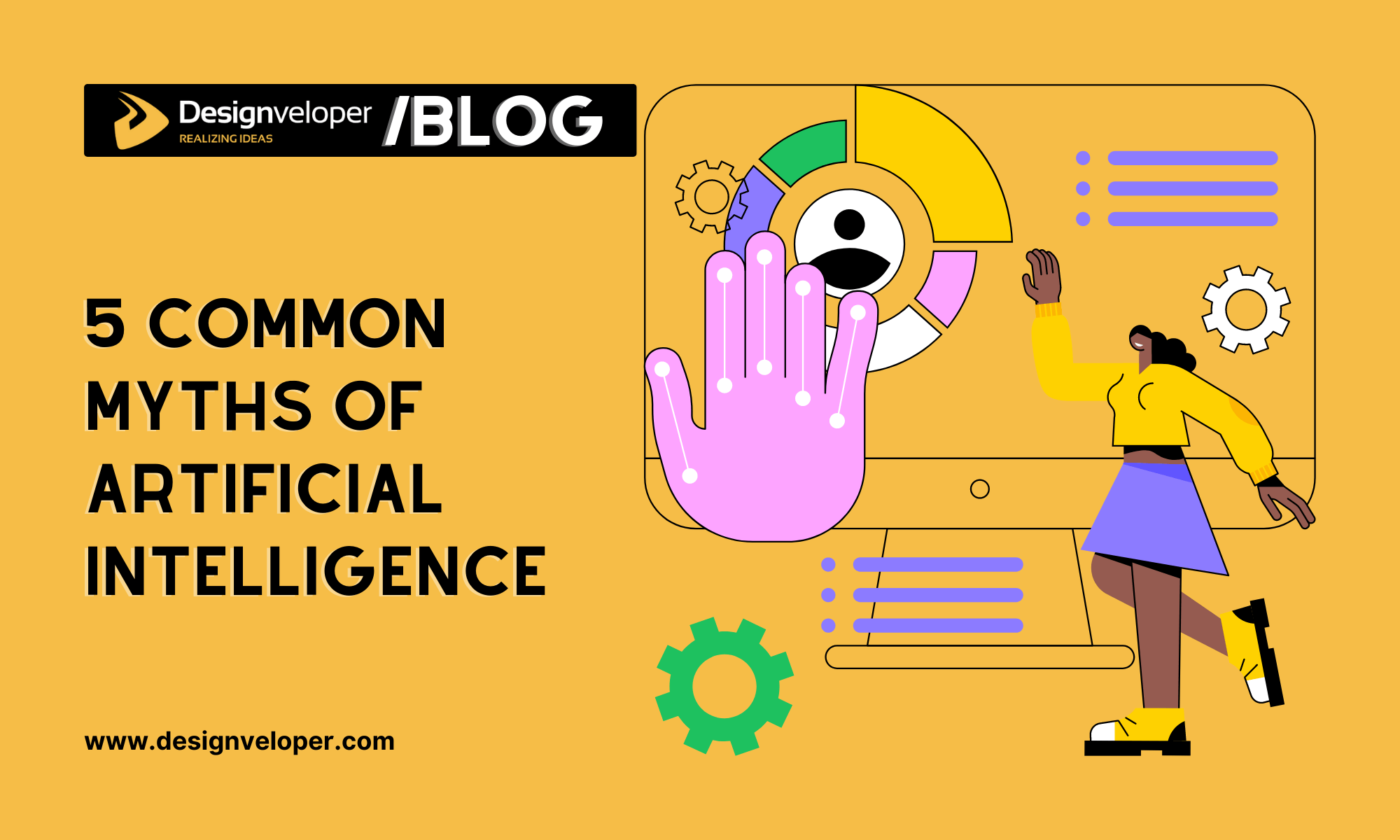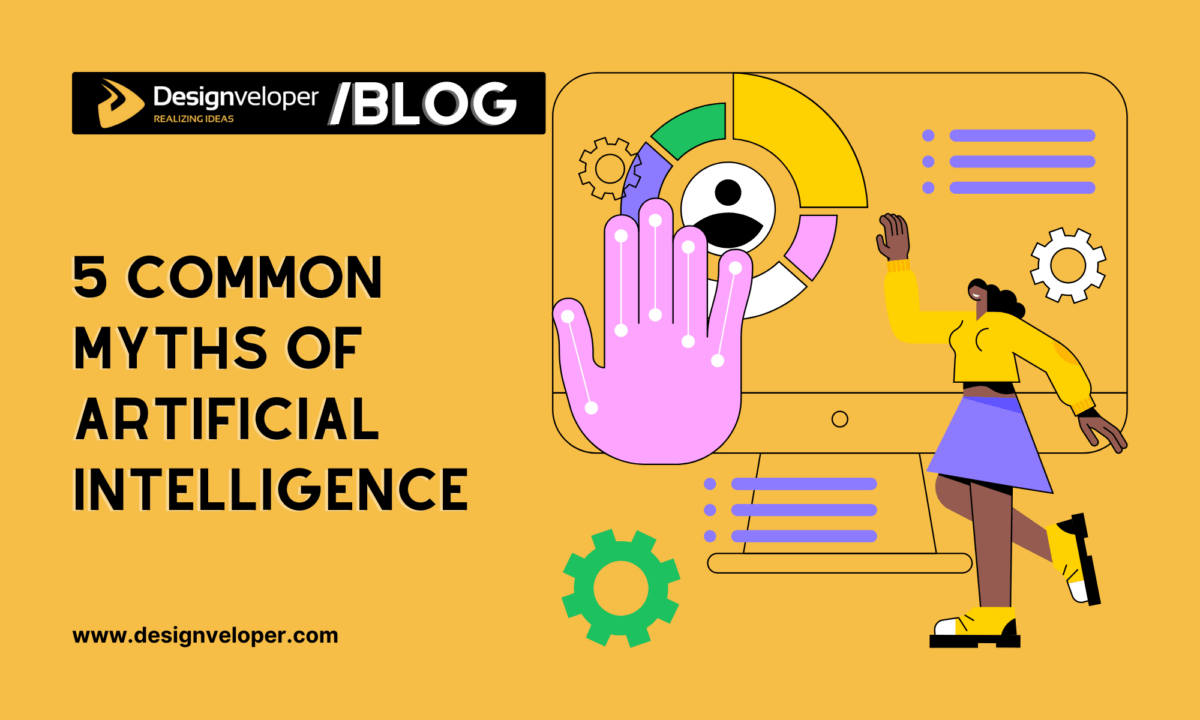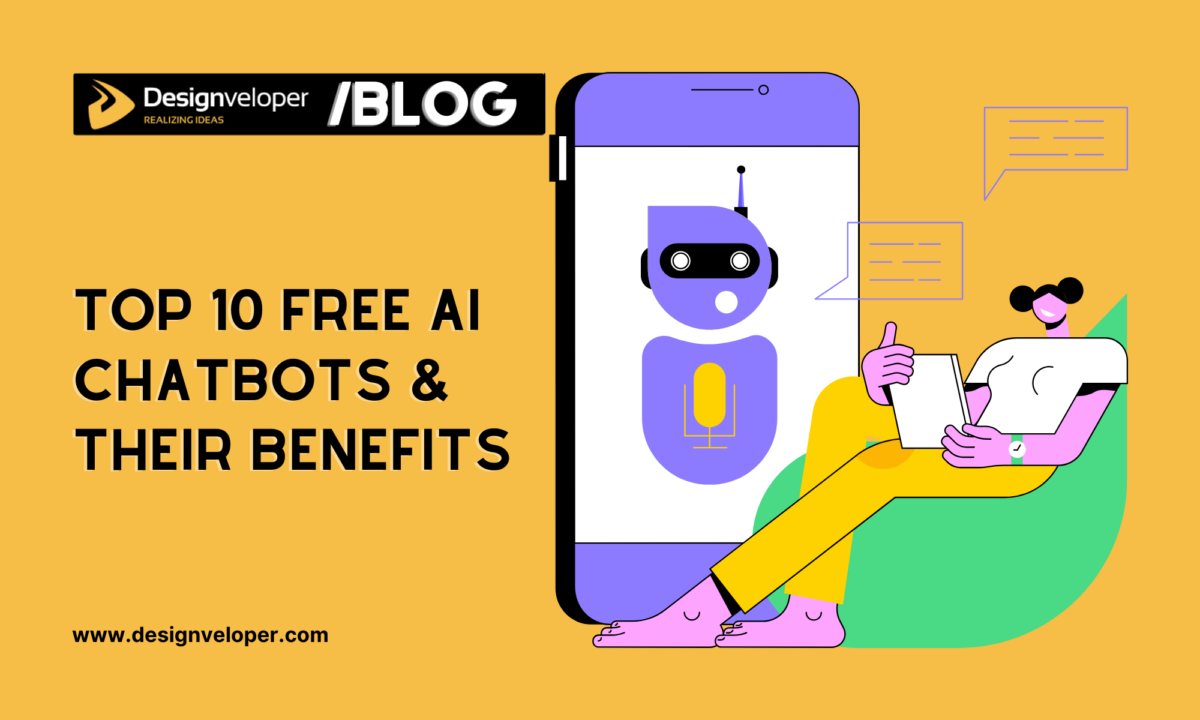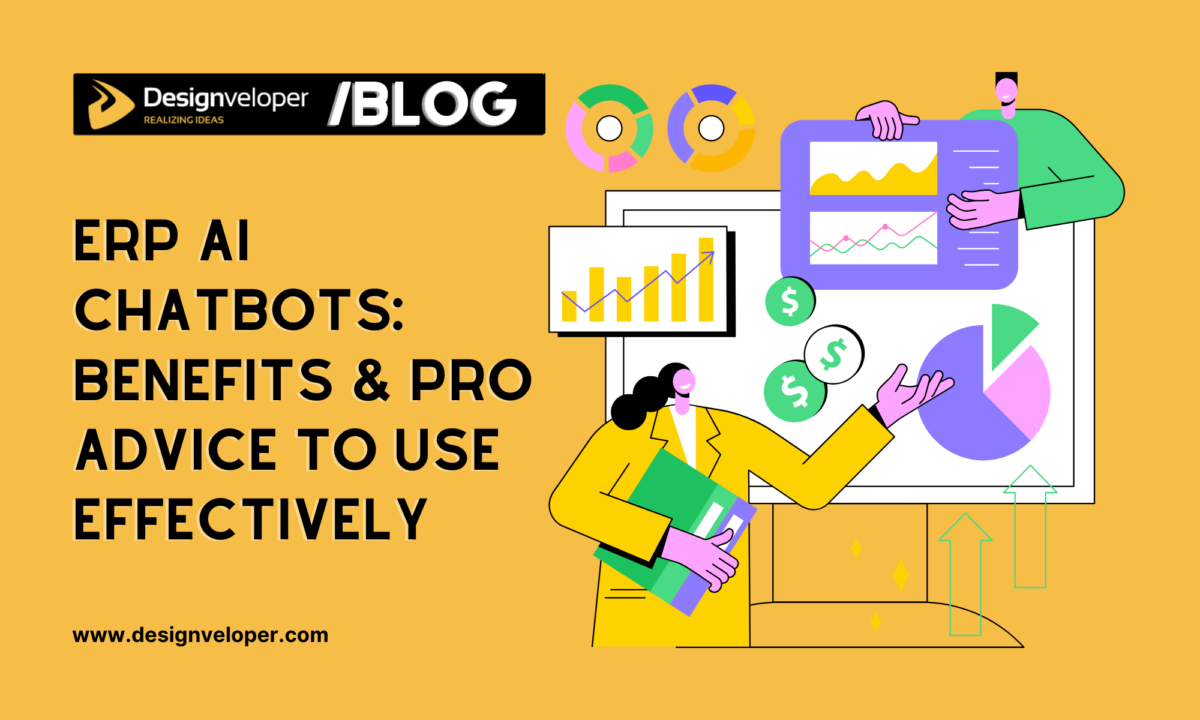
Artificial Intelligence, or AI for short, is perhaps the hottest topic right now in the world of science. It has long been the subject of fiction as well as continued talk in popular media. However, it’s no longer fictional stuff. Instead, it’s invaded every corner of our lives these days, bringing transformative benefits. From digital assistants (e.g., Siri, Alexa) to manufacturing robots, AI leaves its considerable footprint. Despite these advantages, many still show big suspicions about this advanced technology. So, what are the common myths of Artificial Intelligence? Let’s discover them in this article!
The Media Hype Surrounding Artificial Intelligence
Artificial Intelligence is something that has gone mainstream. The concept is unique, a bit quirky, and even eccentric at times. This is the case for things that have materialized into being functional, like Siri personal assistants, self-driving cars, or simply the smart AI chatbots that roam social media. It’s mostly due to AI still not being fully developed yet (although this technology is progressing at a lightning speed). Regardless, the discrepancy between what AI actually is and what is hyped up has caused some to perpetuate certain false claims about AI and what it constitutes.
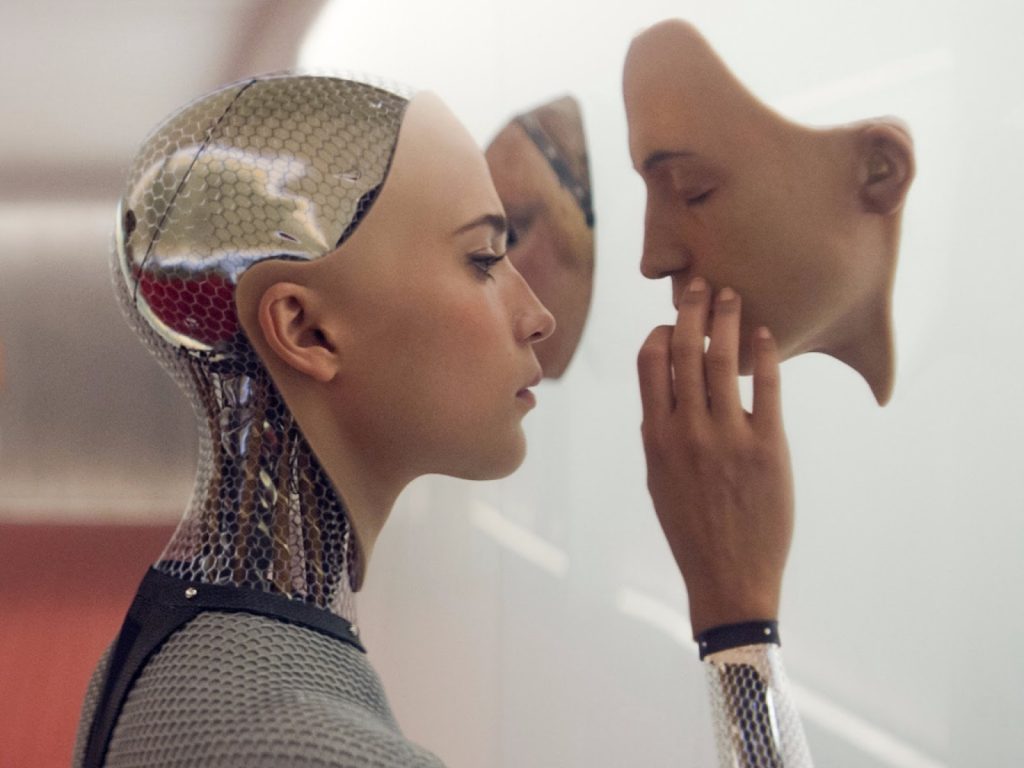
If you are someone who follows news of technology and science of all kinds, then you know all too clearly why this is so. Every day, there are countless articles about AI. A huge majority of them are just sensationalistic in nature or use ill-advised headlines to make bogus facts about AI in order to draw in readers. This is a double-edged sword. More and more people gain interest in AI this way, but they are led to count on these misguided conceptions to form their perceptions about the subject.
Sometimes a misconception is quite harmless, but other times it can cause unwanted damage. And individuals and businesses who are not well aware of the subject are the most vulnerable. A flawed understanding of data science can spell disaster for business decision-making. There has been propaganda deliberately kept in continuation by the beneficiaries of AI and its surrounding hype. These are to turn their competition away from enjoying the same benefits they have.
Top 5 Common Myths of Artificial Intelligence
It’s important to separate truths from fiction to move forward. Below are some basic but popular myths about AI:
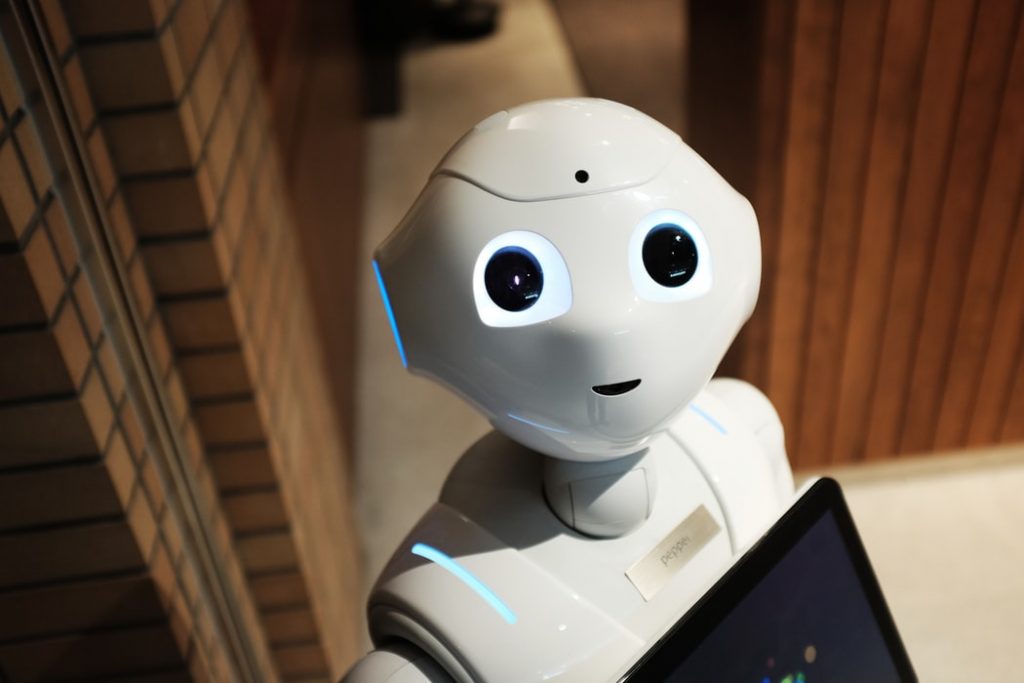
Myth #1: AI will completely displace humans
This is the most popular claim out there about AI. In fact, this statement is partially true as the adoption of AI and automation can really impact various tasks, from manual data entry to production chains, and accordingly, how we utilize labor. Therefore, AI is more sought-after than ever before, with a global value of more than $244 billion in 2025. However, that AI will replace humans entirely is a huge assumption and can be quite dangerous if it’s taken seriously.
What’s actually true is that AI is in no way different from other technological advances; it’s simply here to stay and help societies produce more efficiently. For a long time now, technological progress has been one of the main threats to jobs. So this phenomenon is not new either. Certainly, the more improved technology is, the more obsolete jobs such as operators or couriers are shifting to the verge of extinction. But who operates the AI?
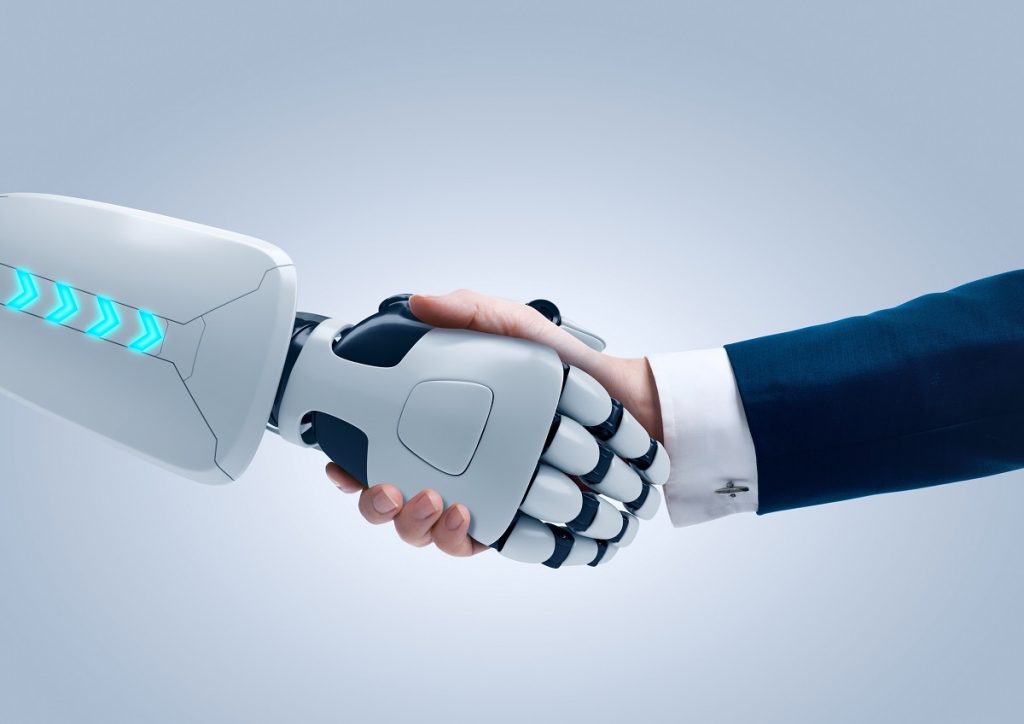
In this climate, the nature of jobs also means evolving constantly to go along well with technological development. Some jobs have indeed been superseded, but more jobs requiring specific skills have also been created in return.
We should really think of Artificial Intelligence as contributing and augmentation rather than outright replacing humans. Humans are still important as the ones who initiate.
Myth #2: Artificial Intelligence is 100% objective
This is another false claim. What we must focus on is the fact that every single tech there is, including inventions of AI, has not ever been created without human input. And what can human inputs be if not biased one way or another?
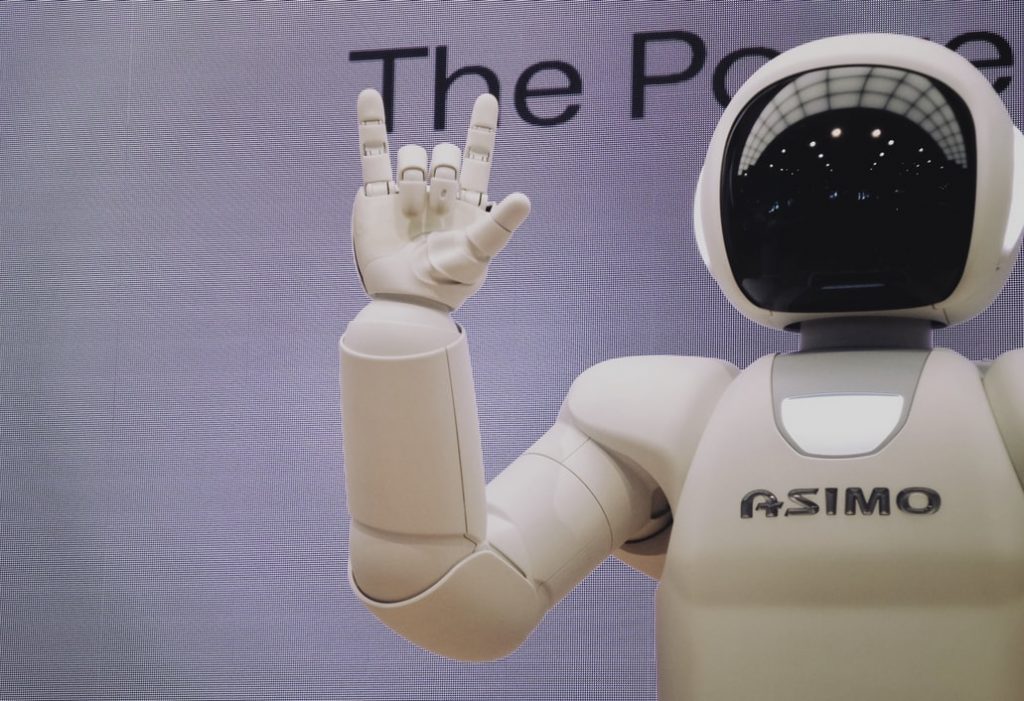
AI technology is something that is based on and operates within the data and rules set up by human developers. The level of complexity, as well as objectivity offered by AI, can vary. But in essence, it’s dependent upon the scale of the businesses as well as their particular usage.
There’s hope in the future for this myth to become a reality, but for now, there’s still a long way to go.
Recommended reading: 7 Best Technologies in Education
Myth #3: Artificial Intelligence is unnecessary
This might feel ludicrous to some, but for many, AI simply is a terrible technology that does more harm than good. Among these harms, software security risks and the cost of installation appear to be the two main reasons why people consider AI more luxurious than something worth considering.
What many do not know is that AI is generating steady flows of revenue for businesses around the world. It offers an effective way to calculate and analyze data, thereby allowing firms to better figure out approaches to attracting customers. This is all the more important during the ongoing COVID-19 crisis when there are limitations in human face-to-face interaction, and we rely on the wonders of technology more than ever.
Myth #4: AI needs huge resources
This myth seems interchangeable with the previous one, but not quite so. There are many out there who do in fact recognize the importance of AI in ushering mankind towards uncharted territories, while still thinking that the technology will require a huge budget and is a lot of hassle, if not in the future then at least for the time being.
It used to be the case that AI can be quite costly, but not so anymore. These days, tools with AI influences are getting more and more accessible. This allows even amateurs to handle it with not much trouble.
Since building protocols for AI technology is certainly a tough task that requires deep knowledge of programming languages and the help of data scientists and machine learning experts, many businesses opt for support from big tech companies to realize their business AI applications. One would expect this to change in the future when AIs become the norm.
Myth #5: AI has an agency
All AI systems are made by and designed by humans, so sometimes it might seem like it has agency. What’s more important here is that whether or not it has agency, simply claiming that it does without any proof or analysis can be quite harmful.
If it is impossible to get rid of this way of thinking, we are susceptible to lies. Essentially, there have been many cases where something of human doing has been attributed to the faults of the machine or more explicitly Artificial Intelligence, thereby absolving the people behind the processes from any responsibility. This situation will lead to abuses of the technology and in turn, create more problems than it’s worth
As of now, there has been no system or AI construction that is complex enough to provide constant outputs without any human interference. It remains to be seen whether this situation is sustained in the time to come. But for now, it’s still a myth.
Final Words
With AI’s significant achievements these days, we can’t deny its huge benefits. Although this technology itself still has some visible disadvantages, like data issues, it doesn’t mean that AI can completely replace human beings in the workplace or reach the level of human experts.
Besides, as AI works based on training data, which can contain biases, nothing ensures its outcomes will always be objective. And even when so many people still reject using AI due to its inherent disadvantages, it’s increasingly becoming a necessity in industries and our lives. So, when you face myths of artificial intelligence, keep a cool head.
Interested in AI and want to update on its relevant news? Subscribe to our blog and receive the latest news!






Read more topics




























